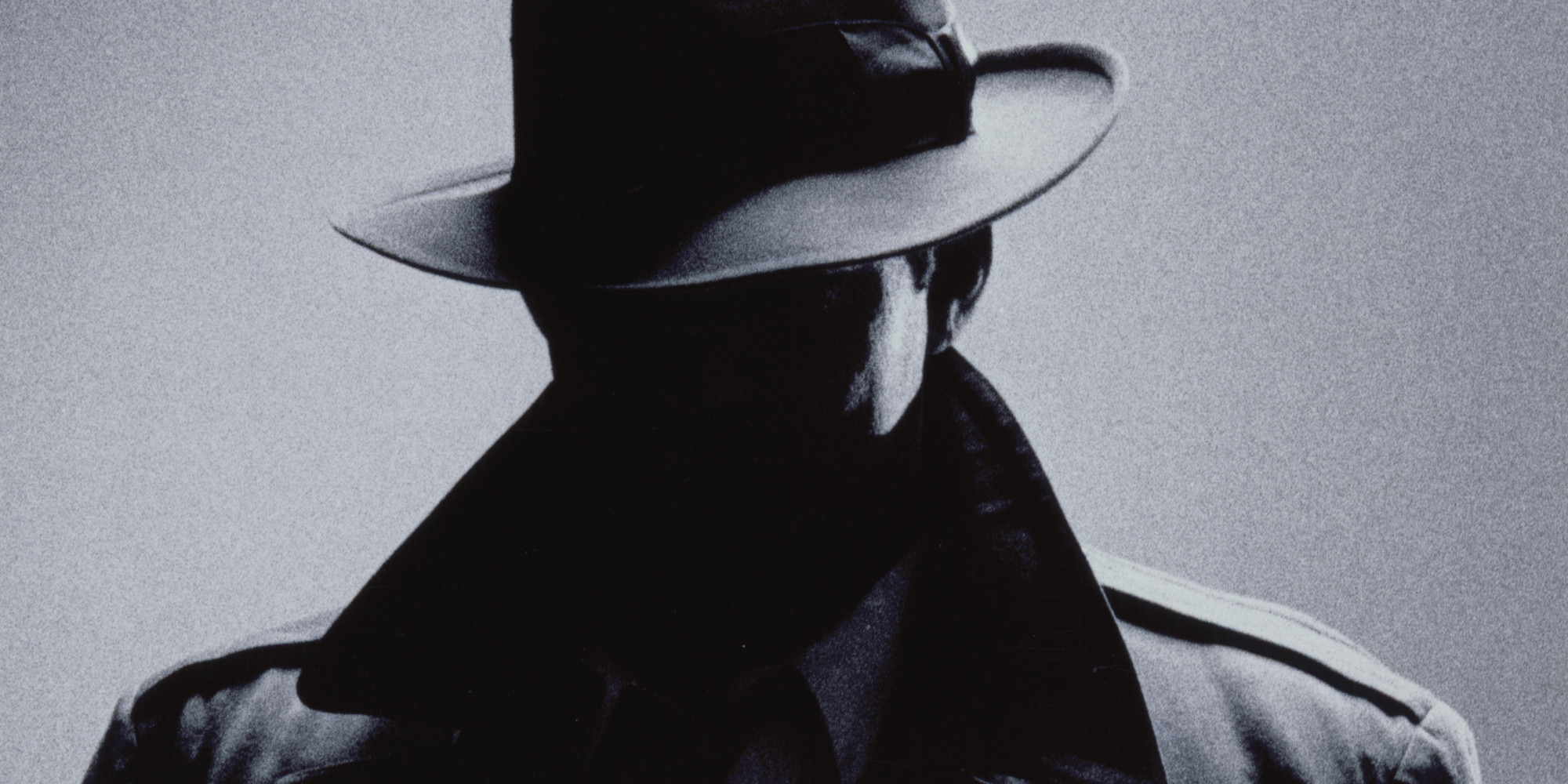I just finished my second reading of a wondrous and even numinous book, Marilynne Robinson’s Gilead. I loved it in 2004. I got much more out of it on this second time through.
An older minister in the small town of Gilead, Iowa has a young son through an unexpected second marriage. His first wife died in childbirth, and the baby also passed shortly afterwards. Decades later, in his sixties, he unexpectedly married a younger woman and then had a child, a son, when he was about the age of seventy. The book is a long letter he’s writing this boy in his sixth year, sharing his life and insights in a way that he is sure time will prevent his doing in person. He has serious heart trouble and may be in his last days. So it’s important to him, even urgent, to get into this letter anything he’d want to share with his son when the boy is older and can use some guidance about the deeper things in life, as well as on some of the simpler and most magical things.
Our writer, the Reverend John Ames is worried about a younger man who has come back to town after many years away. He is the son of the reverend's best friend, and as such begins to visit Ames' home, play with his son, and talk with his younger wife in overtly friendly ways. The wife and son seem utterly charmed by this charismatic guest. But Ames knows that in the man's adolescence, he displayed terribly bad behavior and morally irresponsible ways. And now our writer wonders what his intentions are toward his young wife and new son. This inner struggle intrudes itself into the overall flow of the work in fascinating ways, and ends up giving us one of the biggest revelations of the book that may be needed in our own lives. But so as not to ruin the suspense, I won’t mention what it is, except to say that it took me back to a theme in many of Jane Austin’s stories, and in the New Testament, and in a vivid and powerful way.
I’ll share some other sample passages, while recommending the book to you strongly, as a joy and potentially transformative read.
On writing:
“For me writing has always felt like praying, even when I wasn’t writing prayers, as I was often enough.” (19)
On Ego:
When the Lord says “You must become as one of these little ones,” I take him to mean you must be stripped of all the accretions of smugness and pretense and triviality. (30)
On Making the Most of Life:
When my father found his father at Mount Pleasant after the war ended, he was shocked at first to see how he had been wounded. In fact, he was speechless. So my grandfather’s first words to his son were, “I am confident that I will find great blessing in it.” And that was what he said about everything that happened to him for the rest of his life, all of which tended to be more or less drastic. (35-36)
On Philosophy:
I got pretty good at pretending I understood more than I did, a skill which has served me throughout life. … I get much more respect than I deserve. (39)
On the Luminous Reality of People:
When people come to speak to me, whatever they say, I am struck by a kind of incandescence in them, the “I” whose predicate can be “love” or “fear” or “want,” and whose object can be “someone” or “nothing” and it won’t really matter, because the loveliness is just in that presence, shaped around “I” like a flame on a wick, emanating itself in grief and guilt and joy and whatever else. But quick, and avid, and resourceful. To see this aspect of life is a privilege of the ministry which is seldom mentioned. (44-45)
On the Human Face:
Any human face is a claim on you, because you can’t help but understand the singularity of it, the courage and loneliness of it. (66)
On Our Flaws:
These people who can see right through you never quite do you justice, because they never give you credit for the effort you’re making to be better than you actually are, which is difficult and well meant and deserving of some little notice. (98)
On What We Now Call Covetousness:
I believe the sin of covetise is that pang of resentment you may feel when even the people you love best have what you want and don’t have. (134)
And later:
I don’t know exactly what covetise is, but in my experience it is not so much desiring someone else’s virtue or happiness as rejecting it, taking offense at the beauty of it. (188)
On Forgiveness and the Parable of the Prodigal Son:
It says Jesus puts His hearer in the role of the father, or of the one who forgives. Because if we are, so to speak, the debtor (and of course we are that, too), that suggests no graciousness in us. And grace is the great gift. So to be forgiven is only half the gift. The other half is that we can also forgive, restore, and liberate, and therefore we can feel the will of God enacted through us, which is the great restoration of ourselves to ourselves.
On Adulthood and Enjoyment:
Adulthood is a wonderful thing, and brief. You must be sure to enjoy it while it lasts. (166)
For the amazing book click HERE.













































